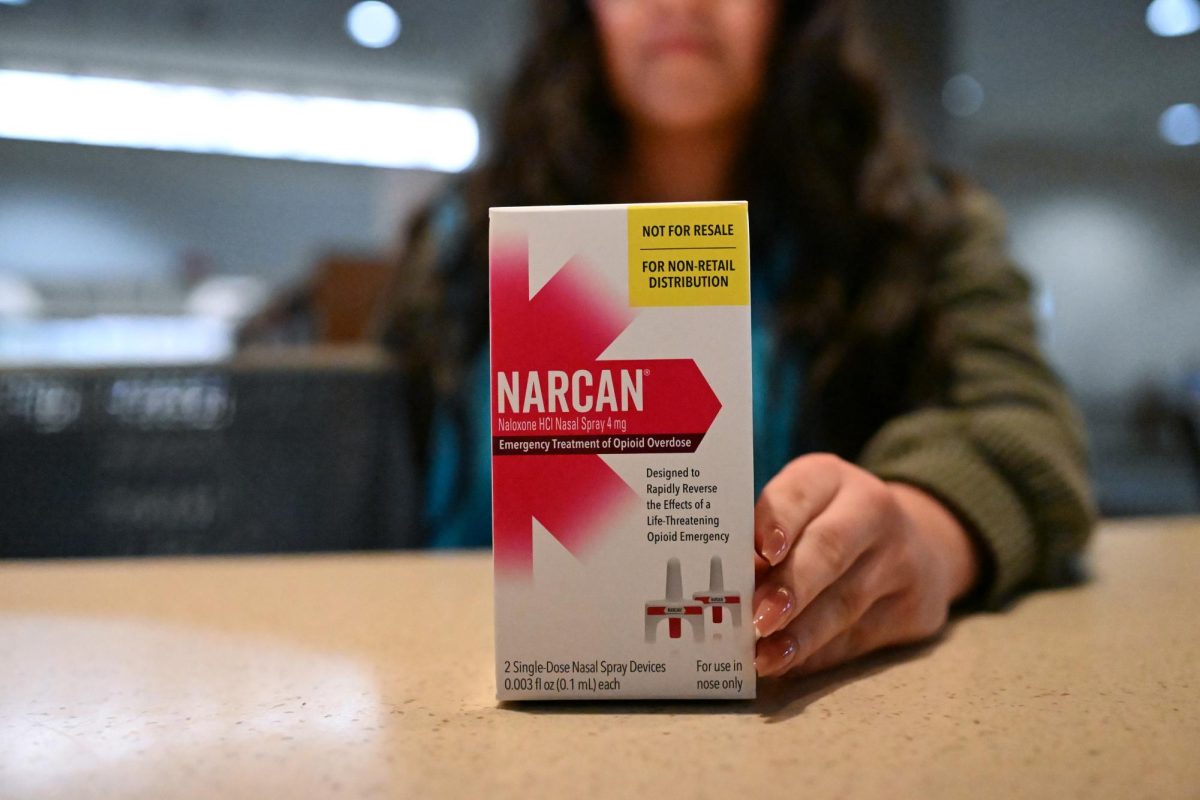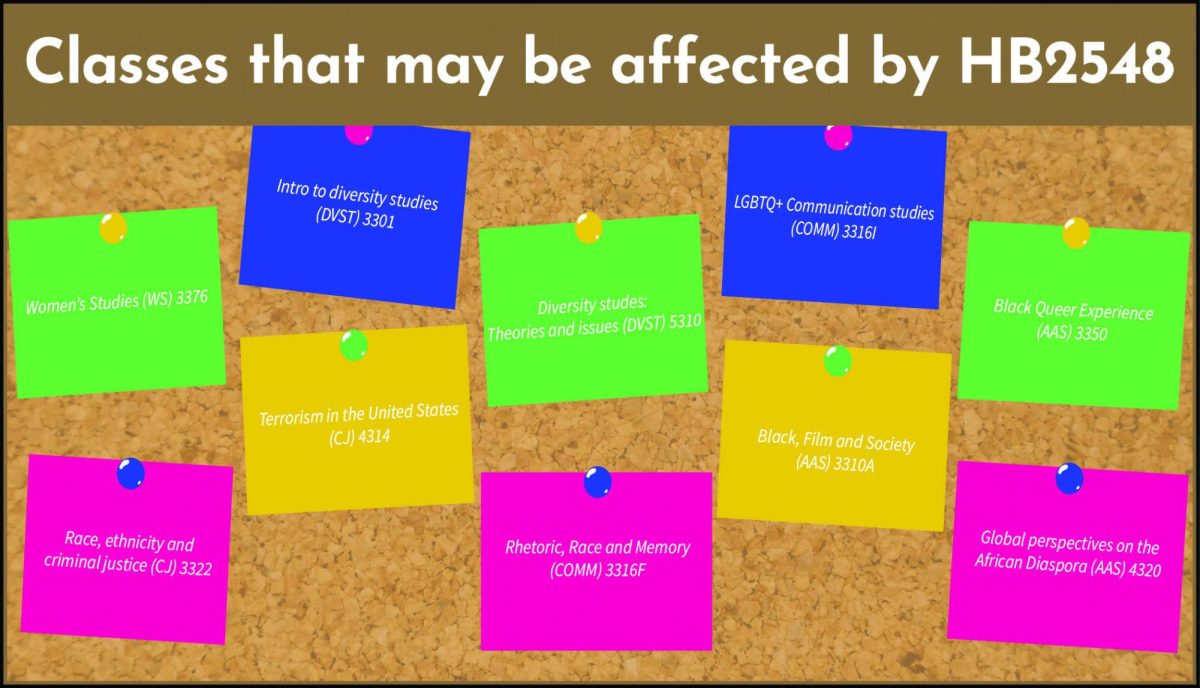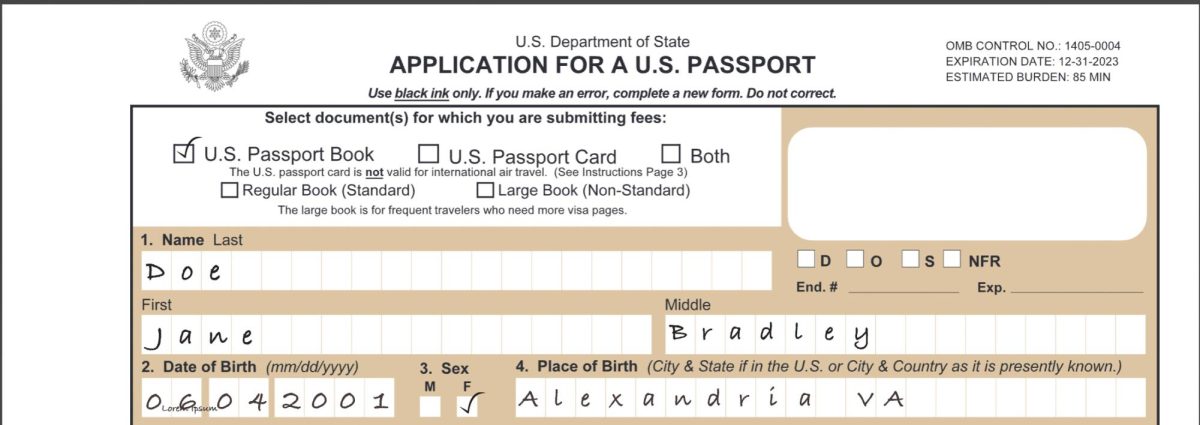Public colleges and universities may be required to begin carrying Narcan in residence halls with a new bill from Texas’ 89th legislative session.
State Sen. Nathan Johnson introduced Senate Bill 556 (SB 556), which would require Texas public universities to keep opioid antagonists, such as Narcan, in residence halls and train resident advisors on how to identify opioid overdoses and administer Narcan.
“The supply of opioid antagonists at a campus must be stored in a secure location at each residence hall and be easily accessible to resident advisors authorized and trained to administer an opioid antagonist,” SB 556 text stated.
Ty Schepis, psychology professor, said while keeping Narcan or other opioid antagonists, such as Naloxone, on campus can be a good thing, it should not be the only solution.
“It’s helpful to have both Naloxone availability and educational programming,” Schepis said. “And that educational programming needs to partly be about Naloxone, but if it’s broader, where hopefully you’re preventing the substance use that can lead to overdose deaths.”
According to Schepis, a potential issue with the bill is that students could fear legal or disciplinary consequences if they report a potential overdose in residence halls.
“One thing that can prevent people from seeking out is that they’re worried that their friends will get in trouble and that they will get in trouble, and it’s important to make sure that where we’re pushing people is not toward the criminal justice system,” Schepis said.
According to a February 2024 release, Texas State already has Naloxone, a generic of Narcan, at the Student Health Center, the Student Recreation Center and the Alkek Library.
“Those requesting free Narcan are not required to provide their name or other information to obtain the medication. A maximum of two doses may be requested per week,” the release stated.
Schepis said depending on the drug consumed and the dose, more than one dose of an opioid antagonist may be required to end an overdose. More potent drugs, such as fentanyl, can require as many as five doses to be treated, according to Schepis.
“If the person is using fentanyl, and a moderate-sized dose, which is absolutely tiny, they can go back into overdose once the Naloxone has worn off,” Schepis said. “You’ve got to make sure that they are getting the medical attention they need.”
Along with making opioid antagonists available, SB 556 would also require training on the use of opioid antagonists by resident advisors. The training would cover how to recognize an opioid overdose, how to use opioid antagonists, emergency procedures, alerting emergency medical services and disposal of expired opioid antagonists.
SB 556 would also require higher education institutes to track the usage of opioid antagonists within 10 business days of their use. The report would include the usage date, the connection of the person it was used on to the university, the location where it was used, the number of doses used and who administered it.
The bill would require public colleges and universities to get opioid overdose reversal medicine from a prescribing doctor. The bill would also allow for public higher education institutions to accept donations, gifts, grants or federal funds to pay for the opioid antagonists.
SB 556 has been filed in the senate and referred to the Education K-16 committee. The committee will eventually vote on whether to present the bill to the full senate for a vote.


















